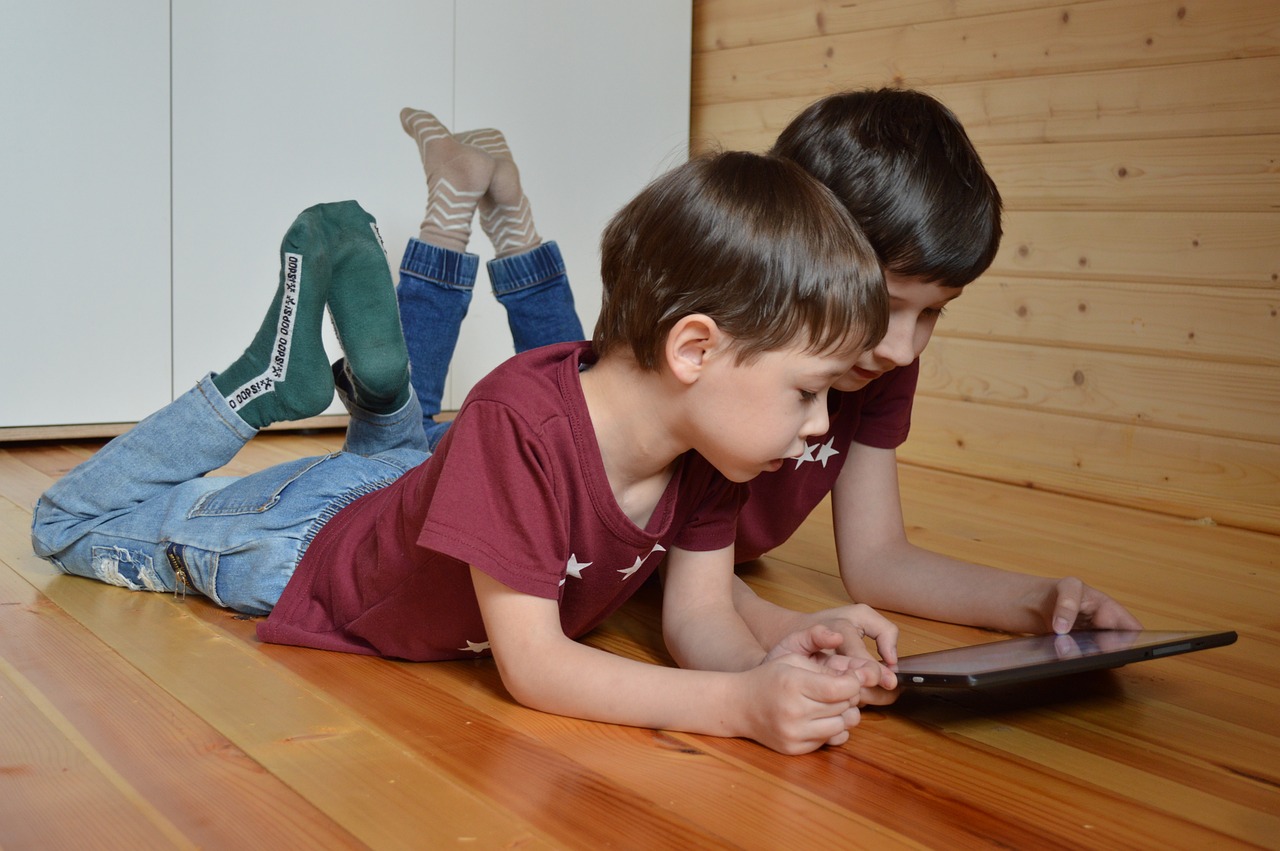TikTok is a Chinese short-form video app that allows users to create content set to music or sound bites. It has quickly gained popularity among young people globally, but this meteoric rise in usage has also led to questions about its safety measures compared to other platforms such as Facebook, Instagram, Snapchat and Twitter.
One primary concern regarding TikTok's safety revolves around data privacy. Like many digital platforms, it collects vast amounts of user data - including personal information and usage patterns. This collection practice isn't unique: Facebook and Google do the same thing. What sets TikTok apart is its ownership by ByteDance - a China-based company which could potentially be compelled by the Chinese government to hand over user data under national laws. In contrast, American companies like Facebook are subject to stricter data transparency regulations that ostensibly protect user privacy more effectively.
Another area where TikTok's safety measures invite comparison with other social media apps pertains to content moderation policies. All major platforms have mechanisms in place designed to filter harmful or inappropriate content. However, policy implementation varies greatly among them – while some rely heavily on artificial intelligence algorithms (like YouTube), others depend more on human review (such as Facebook). TikTok falls somewhere in between; it uses both AI technology and human moderators to filter content.
Critics point out that this combination approach can lead to inconsistencies in what gets flagged or removed from the platform – often leading ‘innocuous’ videos being taken down while harmful ones slip through the net. On the flip side though, TikTok does appear more proactive than most in enhancing their moderation systems - regularly updating guidelines and investing heavily in machine learning technologies.
TikTok also stands out for its explicit focus on protecting younger users. The app features several parental control options like restricted mode and screen time management, which limit exposure to potentially harmful content and excessive usage. While other platforms offer similar features, TikTok's are arguably more comprehensive and user-friendly.
Overall, comparing TikTok's safety with that of other social media apps is a complex task – one that involves careful consideration of multiple factors such as data privacy policies, content moderation processes, and child protection measures. It's clear each platform has unique strengths and weaknesses in these areas; the crucial question is how they continue to evolve their strategies in response to emerging challenges and concerns.
In conclusion, while TikTok does raise legitimate questions about data privacy due to its Chinese ownership, it appears comparable - if not superior - in terms of content moderation efforts and child safety features compared to other social platforms. However, as the digital landscape continues evolving rapidly, ongoing vigilance around these issues remains essential for all social media users.
Unlikely words: meteoric, ostensively, innocuous’, proactive

